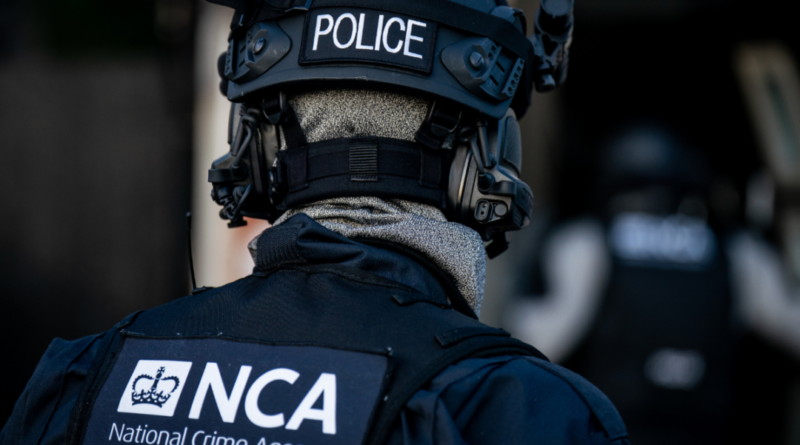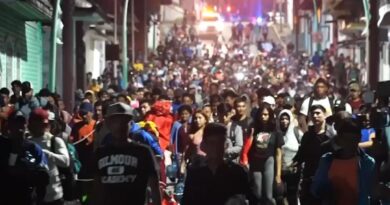Individuals Suspected of Smuggling Face Travel Restrictions and Social Media Restrictions
The government is introducing new measures targeting organised immigration crime, particularly those involved in small boat crossings in the English Channel.
New interim orders have been announced by the Home Office to address organised immigration crime, specifically targeting those suspected of coordinating small boat crossings in the English Channel.
These new court orders represent an enhancement of the existing Serious Crime Prevention Orders (SCPOs) that are issued to prevent individuals or organizations from engaging in serious criminal activities.
Securing SCPOs is typically a “complex and lengthy process,” according to the Home Office, but the new laws will streamline the imposition of restrictions on individuals under investigation.
Under the proposed Home Office measures, law enforcement will have the ability to take immediate action without the need for a conviction. These tailored measures could include travel bans, restrictions on mobile phone and laptop use, social media blackouts, and financial controls to disrupt criminal activities.
“Dangerous criminal people-smugglers are profiting from undermining our border security and putting lives at risk. They cannot be allowed to get away with it,” stated Home Secretary Yvette Cooper.
The government has pledged to crack down on people-smuggling gangs facilitating the crossings, aiming to “disrupt their business models and ensure justice is served.”
“Stronger international collaboration has already led to significant arrests and actions against dangerous gangs in recent months. We will provide law enforcement with the enhanced powers necessary to pursue and dismantle more of these despicable criminal networks.
“Border security is a cornerstone of this government’s Plan for Change, which includes improving the lives of people, creating safer streets, and strengthening our NHS. We are committed to delivering for working people,” Cooper emphasized.
Legislation
The interim orders will be incorporated into the Border Security, Asylum, and Immigration Bill currently progressing through Parliament.
Police, law enforcement agencies, and the National Crime Agency will have the authority to directly petition the High Court for immediate restrictions while a full order is being considered.
Breaching an interim order could result in a maximum penalty of five years in prison.
Backed by a £150 million investment, hundreds of new investigators and intelligence officers will be recruited to target traffickers and organized crime.
Border Security
Upon taking office, Labour abolished the previous government’s immigration policy, which involved either returning illegal immigrants to their home country or sending them to Rwanda.
The Rwanda scheme, introduced in 2022, was a central element of the Conservatives’ strategy to deter future crossings and “stop the boats.”
Shadow Home Secretary Chris Philp previously criticized Labour for not presenting a “real or credible plan” to protect the UK’s borders.
Nonetheless, the Home Office asserted that it has bolstered enforcement and restored order to the “chaotic asylum system” within six months of taking office.
“This effort has already led to the return of nearly 13,500 individuals with no legal right to remain since the election,” the statement disclosed on Thursday.
By the end of last year, illegal immigrant crossings had surpassed 150,000 since records began in 2018. The government believes that close collaboration with overseas partners will be crucial in dismantling the criminal gangs.
Smuggling networks operating from Iraq, including the Kurdistan Region of Iraq and Europe, are responsible for illegal migration and trafficking, including Channel crossings to the UK.





